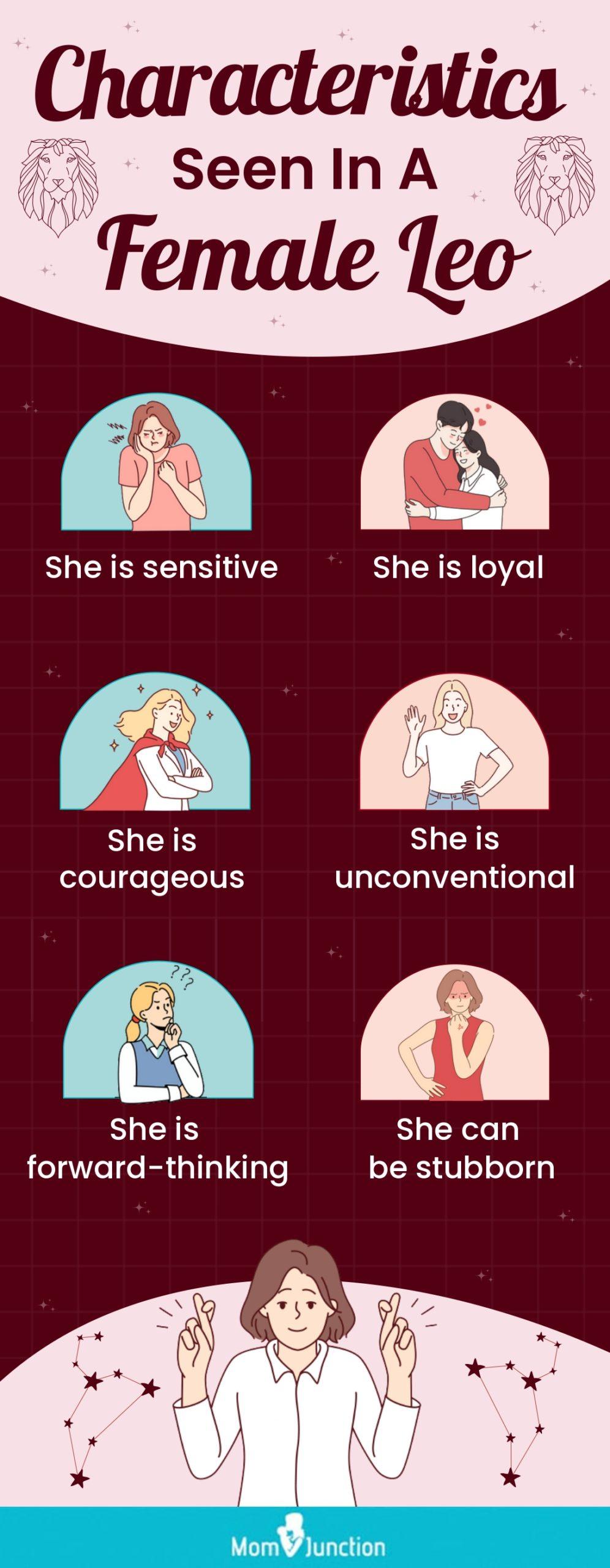Is the pursuit of information, in our hyper-connected age, paradoxically leading us further from the truth? The ubiquitous 'We did not find results for:' message, a constant companion in our digital quests, subtly underscores a growing crisis: the fragmentation and potential loss of verifiable knowledge.
The internet, once hailed as the ultimate repository of all human knowledge, is increasingly behaving like a hall of mirrors. Reflections are plentiful, yet often distorted, misleading, or simply absent. Search engines, the gatekeepers of this digital realm, frequently deliver the chilling non-response of "We did not find results for: Check spelling or type a new query," a phrase that, in its clinical efficiency, hides a multitude of potential problems. It can indicate that the information simply doesn't exist in the readily accessible web indexed by the search engine, that the user's query is too vague or misspelled, or, more concerningly, that the information is deliberately hidden, suppressed, or manipulated.
This persistent digital silence echoes a growing concern: the erosion of a shared understanding of reality. When basic facts, historical events, or scientific findings become difficult, or impossible, to locate through conventional means, the very foundations of informed discourse are threatened. The absence of readily available information breeds suspicion, fuels conspiracy theories, and can ultimately undermine trust in established institutions, including media, academia, and government. This silent censorship, born not of overt acts of suppression but of algorithmic limitations and the complex interplay of information availability, challenges the very premise of a well-informed citizenry and the free exchange of ideas.
The recurring phrase, "We did not find results for: Check spelling or type a new query," also points to a deeper issue: the growing reliance on search engines as the sole arbiters of truth. The algorithms that power these engines are designed to prioritize certain types of content, based on metrics like popularity, relevance, and advertising revenue. This can lead to a skewed representation of reality, where less popular but potentially more accurate information is relegated to the digital margins. The user, then, may not even be aware of the informations existence. The search engine's response, then, is not merely an informational void; it is a judgment, an active filtering of the knowledge landscape.
Consider the implications for historical research. A historian, meticulously seeking to uncover the truth about a specific event, might encounter this frustrating response repeatedly. The absence of readily available primary sources, verified secondary analyses, or even basic biographical data related to the subject would severely impede the ability to construct an accurate narrative. The Check spelling or type a new query instruction, in this context, feels more like a wall, rather than a doorway, erected against the pursuit of truth. It might also lead to a self-perpetuating echo chamber. The absence of one source might lead the researcher to a different, readily available, source which is not very accurate. This further increases the chance of misinformation, which becomes very hard to remove once it starts gaining traction.
The phrase underscores the fundamental limitations of the digital world as a repository of all knowledge. Not all information is digitized, and not all digitized information is readily accessible through search engines. Furthermore, the internet is a dynamic, ever-changing environment where web pages disappear, links break, and content is updated or altered. The information available today might be gone tomorrow, making the quest for lasting and reliable data a constant challenge. The search engine's lack of results is a consequence of this state, a reminder of informations transient nature.
Moreover, the very act of typing a query is a form of translation. Users are forced to articulate their information needs in a way that can be understood by a search algorithm. This is not always a straightforward task. Different phrasings can yield dramatically different results. Moreover, the users own assumptions, biases, and prior knowledge can influence the way they formulate their queries, which again shapes the results. This adds a layer of complexity. The search engine might return no results not because the information is unavailable, but because the user's question is poorly framed or predicated on assumptions that cannot be verified.
The "Check spelling or type a new query" instruction also touches upon the importance of critical thinking and media literacy. In an age of information overload, users need to be able to evaluate the credibility of sources, identify bias, and cross-reference information from multiple sources. The absence of results is not necessarily an indicator of a missing truth. It is often the start of a process that involves a more in-depth exploration of alternatives, an assessment of sources, and a questioning of existing assumptions. The phrase, then, is an invitation to become a more sophisticated consumer of information. It requires the user to be a detective and an analyst.
The phrase also encourages the exploration of alternative search strategies. Instead of relying solely on the search engine, the user might try different keywords, consult academic databases, or delve into specialized online forums. The absence of immediate results should propel the user to use other tools, a more nuanced and complex method for finding the truth. It is also an opportunity to go offline and consult physical resources such as libraries, archives, and experts. The quest for truth is rarely a simple one, and digital tools, though powerful, are not the ultimate solution.
The digital landscape of information is not neutral. The tools that facilitate access to information, from search engines to social media platforms, are shaped by the values of their creators and the economic imperatives of their business models. This means that the results can often be tilted in favor of certain viewpoints, specific products, or particular narratives. The "We did not find results for:" message should serve as a reminder of this reality, an invitation to question the information presented and consider the potential for manipulation and bias.
In a world where the digital realm is increasingly central to our lives, the implications of this recurrent phrase are substantial. The phrase We did not find results for: Check spelling or type a new query is more than just a technical glitch; it is an emblem of our struggle with information itself. It is a test of our intellectual curiosity, our critical thinking abilities, and our commitment to the pursuit of knowledge. This phrase becomes a catalyst, forcing us to become active participants in the search for truth. The phrase challenges us to embrace complexity, question authority, and recognize that the answers we seek are often not immediately available, but are the product of hard work, diligence, and careful scrutiny of all resources.
The challenges inherent in the search for information underscore the enduring importance of media literacy, critical thinking, and a robust understanding of the digital landscape. The phrase We did not find results for: Check spelling or type a new query becomes more than a simple error message; it evolves into a constant reminder of the responsibility to navigate the digital world with care and integrity. It is a call to action, a warning, and an invitation.
The persistent challenge of digital silence, as exemplified by the recurring "We did not find results for: Check spelling or type a new query," illuminates the urgent need for a multi-pronged approach. This approach must include enhancing media literacy education, encouraging diverse and critical inquiry, supporting the development of open access resources, and fostering a more transparent and accountable digital ecosystem.


